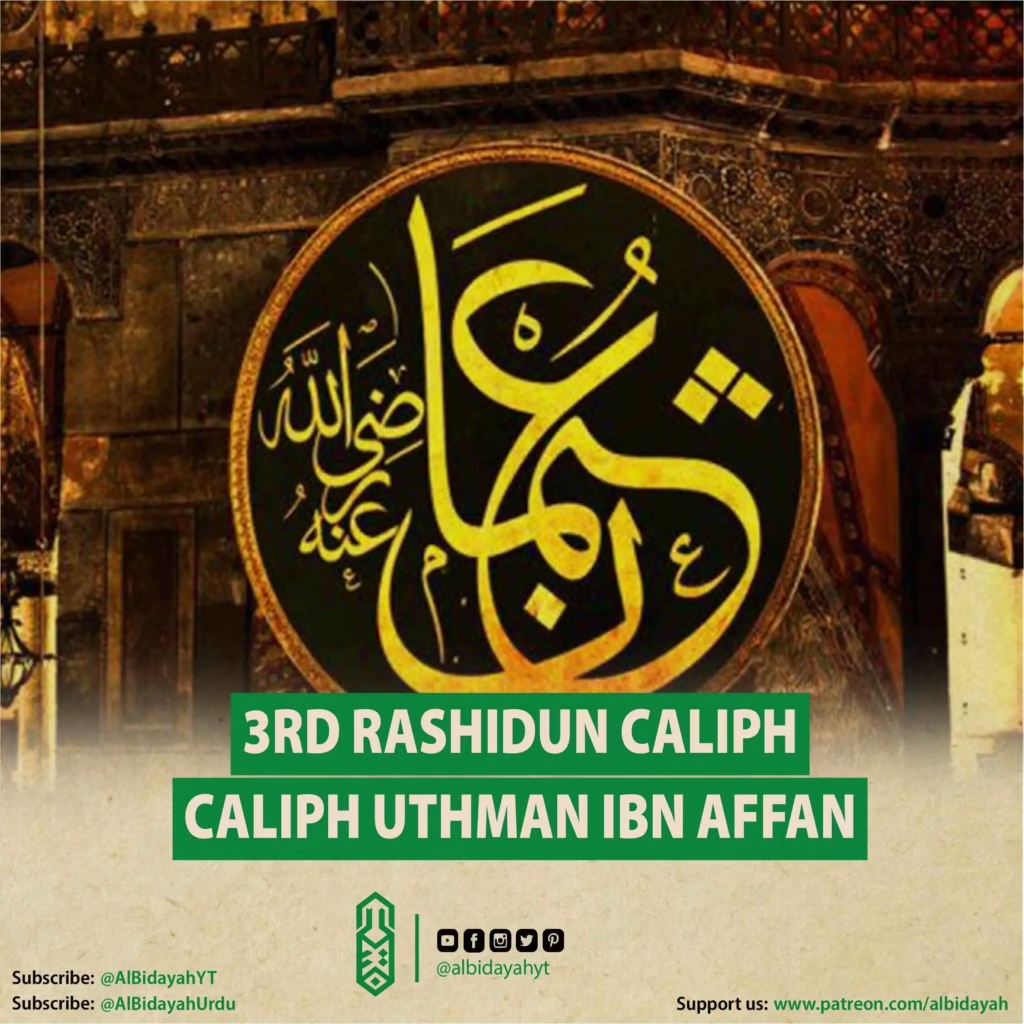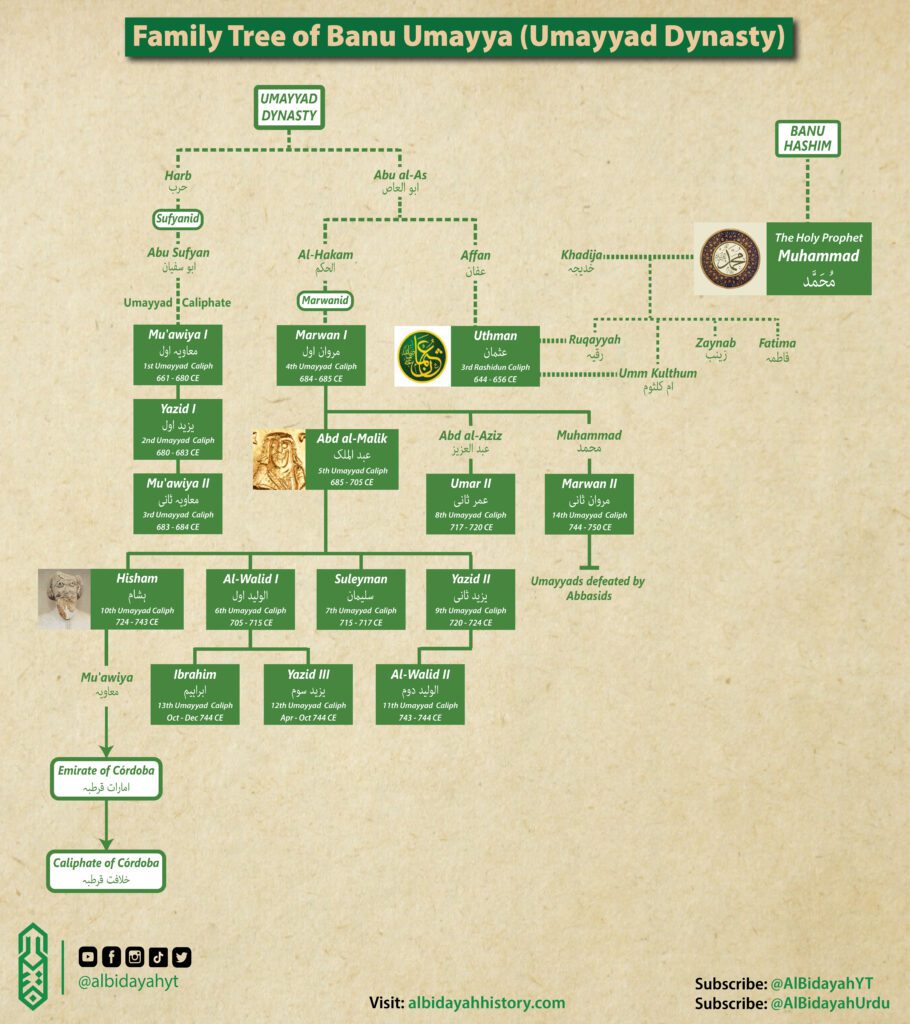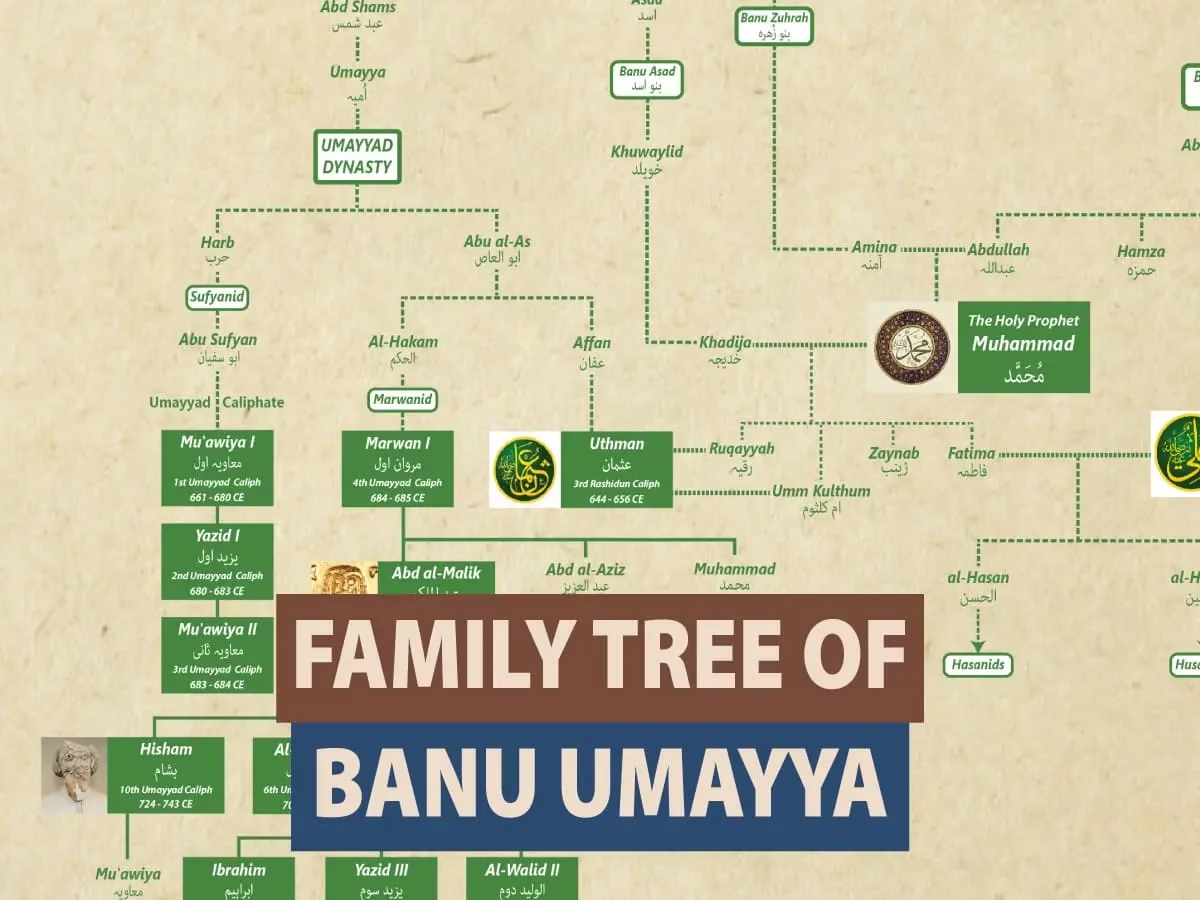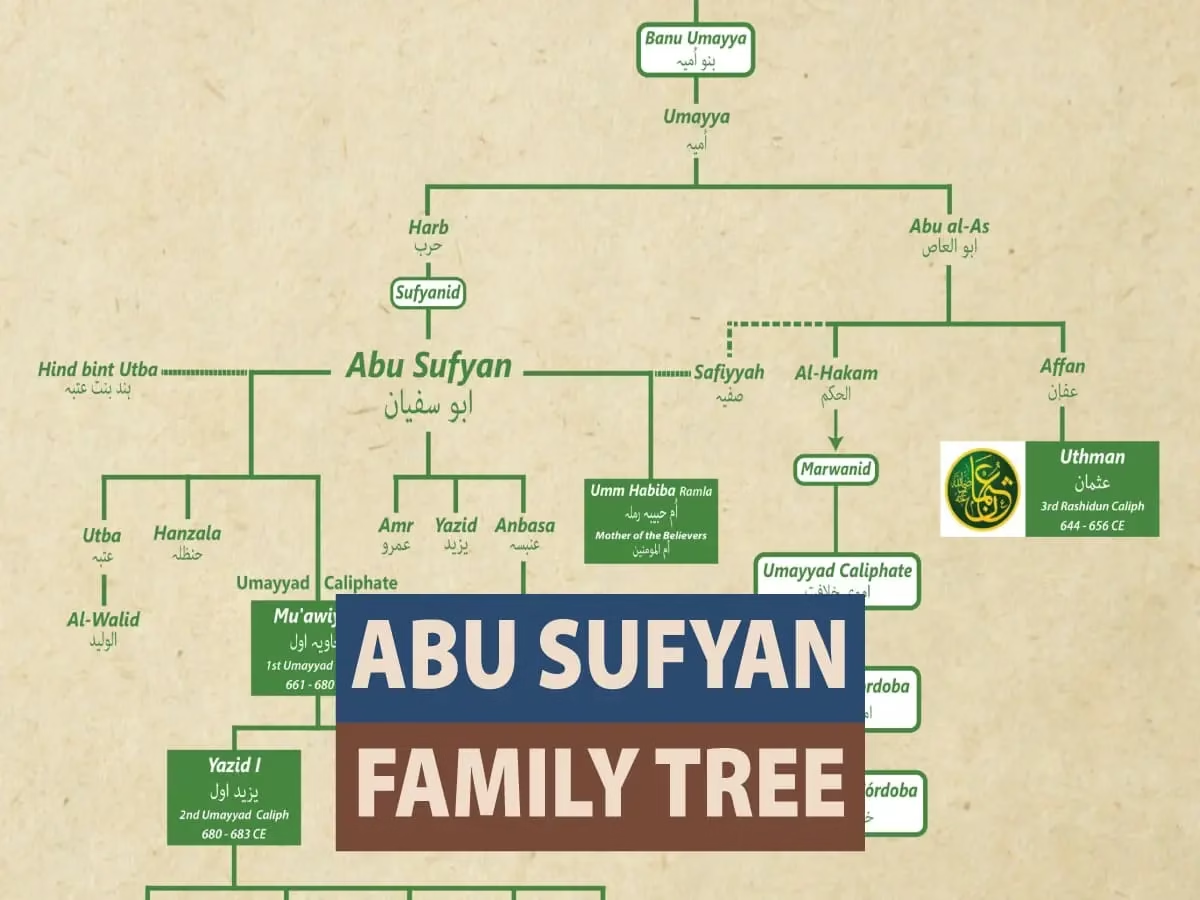On November 6, 644 AD/CE, Uthman ibn Affan was sworn in as the third Caliph of Islam after the assassination of Caliph Umar ibn Al-Khattab. At his death bed, Umar appointed a shura (consultative council) of six prominent companions—Ali, Uthman, Sa’d, Talha, Zubayr, and Abdur Rahman ibn Awf to elect the next caliph.

When the oath of allegiance was sworn to Uthman as caliph, he stood before the people and declared his approach to ruling, explaining that he would follow the guidelines of the Quran and Sunnah and follow in the footsteps of the two Caliphs (Abu Bakr and Umar). He also stated that he was going to run the people’s affairs with forbearance and wisdom, but he would accept no compromise with regard to punishments that must be carried out.
Challenges and Military Expansion
Caliph Uthman had to deal with a lot of challenges including rebellions. He not only put down the rebellion but also annexed modern-day Afghanistan, Khurasan, Armenia, Azerbaijan, and Cyprus. Alexandria was also recaptured from the Romans.

Development of Islamic Infrastructure
One of Uthman’s key contributions was expanding the Prophet’s Mosque (Masjid Al-Nabawi) in Medina, making it a larger and more accommodating space for worshippers. He also established the first Islamic fleet to protect the Muslim beaches from the attacks of Byzantines.
See Also: Prophet Muhammad (PBUH) Family Tree
Compilation of the Holy Quran
Perhaps Uthman’s most significant achievement was the compilation of the Holy Quran, which was started in the caliphate of Caliph Abu Bakr al-Siddiq.
Personal Life and Legacy
Uthman was married to Ruqayyah, and upon her death, married Umm Kulthum. Both his wives having been elder daughters of Prophet Muhammad (PBUH) and Lady Khadija earned him the honorific title Dhū al-Nurayn (“The Possessor of Two Lights”). Uthman bin Affan has been described as one of the most generous men in the history of Islam. He lived a very modest and dutiful life.

See Also: Family Tree of Banu Umayya (Umayyad Dynasty): Quraysh to Marwan II
Political Unrest and Assassination
In the last few years of Uthman’s reign, there was chaos in different parts of the caliphate (because of some revolting parties). On his assassination, this chaos turned into a big Fitnah, and the age of civil wars started within the Muslim community. Uthman ruled for 12 years and was assassinated in his home in 656 AD/CE.



